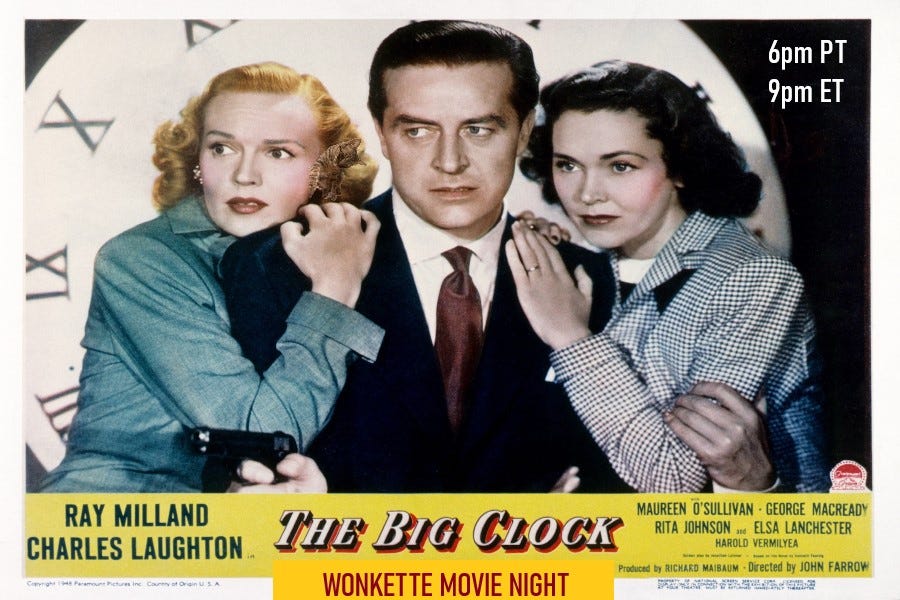
“Most of us have a Joan Didion origin story: the article, or book, or photograph, or quote that first made us want to know more about this quiet oracle,” writes journalist McDonnell, author of Mamarama and Women Who Rock. When the author was in college, she read Didion’s essay “Some Dreamers of the Golden Dream,” which asked what happened to the American dream, “the theme of much of [her] work.” Thus was born a lifelong appreciation for one of America’s most noteworthy stylists. McDonnell covers all the relevant biographical details: Didion’s Sacramento childhood; her early years writing for New York magazines; and her family life, which included the tragedy of adopted daughter Quintana Roo, who died at age 39 in 2005 (the subject of Didion’s Blue Nights). The author also offers personal reflections on Didion’s importance to her life and career as well as interviews with people who knew her, including Calvin Trillin and Gay Talese and nephew Griffin Dunne. Admirably, McDonnell notes that Didion was a more complicated figure than many of her fans acknowledge. She grew up in “deep American conservatism,” “never lost her distrust of big government,” and voted for Barry Goldwater in 1964. She had a habit of “glamorizing consumption,” which her early stint at Vogue underscored. Also, “when it comes to being an icon for women, Joan Didion can be deeply problematic,” starting with her “mean-spirited attack on second-wave feminism,” which “revealed her blindered privilege”—although she would moderate these opinions in later works. Overall, McDonnell offers a thoughtful assessment of Didion’s importance but doesn’t shy away from Didion’s flaws—e.g., that she struggled with motherhood. During her childhood, Quintana Roo “made a list of her mother’s favorite sayings: ‘Brush your teeth, brush your hair, shush I’m working.’ ”







































































